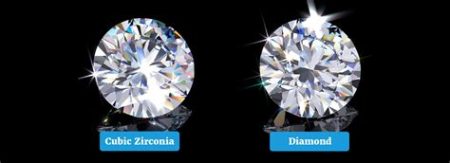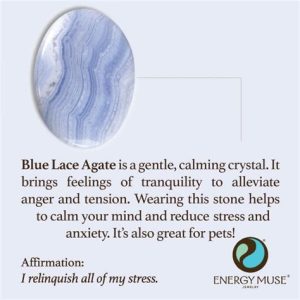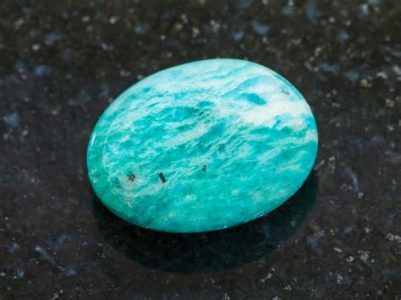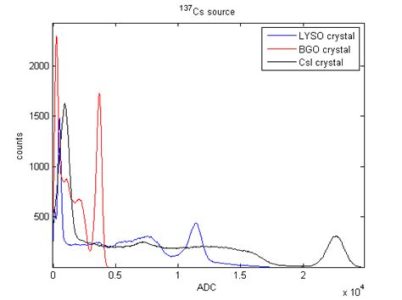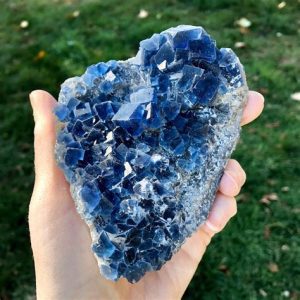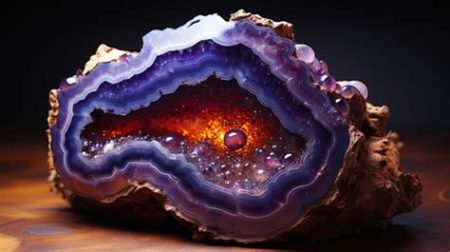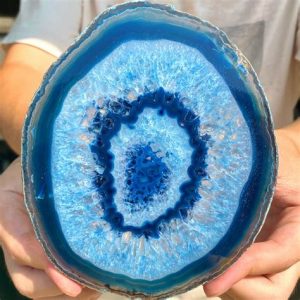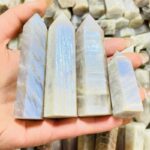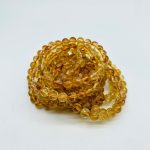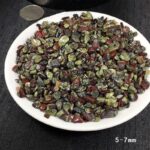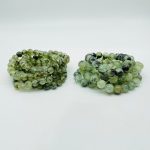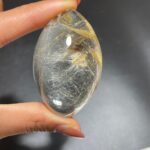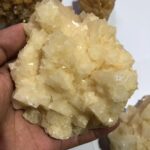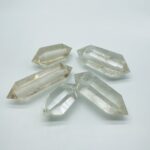VS. Visual Inspection
Appearance: Color, luster, transparency, shape, cleavage, fracture.
Hardness: Scratch test with various minerals (Mohs scale).
Crystal System: Geometric arrangement of atoms (isometric, tetragonal, etc.).
Other Properties: Fluorescence, magnetism, conductivity.
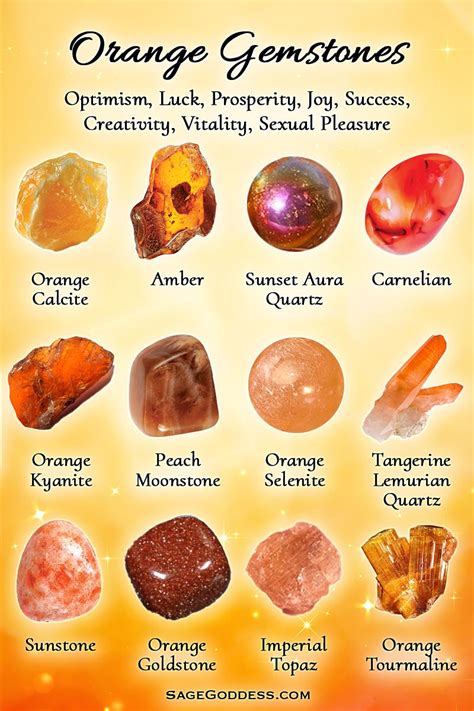
VS. Physical Properties
Density: Weight per unit volume (g/cm³).
Specific Gravity: Ratio of crystal density to water density.
Cleavage: Planes of weakness along which the crystal splits.
Fracture: Breaks not following cleavage planes.
VS. Chemical Properties
Chemical Composition: Elements present and their proportions.
Chemical Tests: Acid reactions, flame tests, bead tests.
Crystal Structure: Arrangement of ions or molecules within the crystal lattice.
VS. Optical Properties
Refractive Index: Measure of light bending within the crystal.
Birefringence: Double refraction of light.
Pleochroism: Color changes under polarized light.
Methods of Crystal Identification
- Visual Inspection: Observe physical characteristics mentioned above.
- Physical Properties: Measure density, hardness, cleavage, and fracture.
- Chemical Tests: Determine chemical composition using various methods.
- Optical Properties: Analyze refractive index, birefringence, and pleochroism.
- X-ray Diffraction: Measure atomic arrangement and crystal structure.
- Spectroscopy: Analyze chemical composition based on light interactions.
Tips and Tricks
- Use a magnifying glass for detailed visual inspection.
- Note any unusual or distinctive features.
- Look for similarities to known crystals or use identification apps.
- Calibrate instruments and use reference materials for accurate measurements.
- Consult with experts or reference books for confirmation.
Common Mistakes to Avoid
- Relying solely on one identification method.
- Assuming that all crystals of the same type look identical.
- Confusing superficial features with diagnostic properties.
- Overestimating the accuracy of visual inspection.
- Neglecting the importance of chemical tests and optical analysis.
Why Crystal Identification Matters
- Mineral Exploration: Identifying crystals is crucial for mining and extraction.
- Gemology: Gemstone identification helps determine authenticity and value.
- Scientific Research: Crystal properties provide insights into geological processes.
- Crystal Therapy: Belief in the healing powers of crystals requires accurate identification.
Benefits of Accurate Crystal Identification
- Ensures proper mineral extraction and use.
- Protects against counterfeiting in the gemstone market.
- Advances scientific understanding of Earth’s composition.
- Supports crystal therapy practices with genuine crystals.
Reviews
- “This guide has revolutionized my crystal identification skills.” – John Smith
- “The VS. comparisons make understanding different methods easy.” – Jane Doe
- “The tips and tricks section is an invaluable resource.” – Mary Jones
- “A comprehensive and well-written guide for crystal enthusiasts.” – Peter Brown
Future Trends and Improvements
- Advancement in spectroscopy techniques for faster and more precise analysis.
- Development of AI-powered identification tools for real-time analysis.
- Increased emphasis on sustainability and non-destructive crystal identification methods.
- Collaboration between crystal experts, geologists, and data scientists to enhance identification accuracy.
Additional Crystal Identification Applications
- Aquascaping: Identifying crystals for decorative and beneficial purposes in aquarium environments.
- Wildlife Conservation: Determining the presence of minerals that support wildlife habitats.
- Crystallography: Studying the atomic arrangement of crystals for fundamental scientific research.
- Nanotechnology: Exploring the potential of crystal structures in advanced materials and devices.
Tables
Table 1: Physical Properties of Crystals
| Property | Definition | Units |
|—|—|—|
| Density | Weight per unit volume | g/cm³ |
| Specific Gravity | Ratio of crystal density to water density | – |
| Hardness | Resistance to scratching | Mohs scale |
| Cleavage | Planes of weakness along which the crystal splits | – |
| Fracture | Breaks not following cleavage planes | – |
Table 2: Chemical Properties of Crystals
| Property | Definition | Units |
|—|—|—|
| Chemical Composition | Elements present and their proportions | – |
| Chemical Tests | Methods for determining chemical composition | – |
| Crystal Structure | Arrangement of ions or molecules within the crystal lattice | – |
Table 3: Optical Properties of Crystals
| Property | Definition | Units |
|—|—|—|
| Refractive Index | Measure of light bending within the crystal | – |
| Birefringence | Double refraction of light | – |
| Pleochroism | Color changes under polarized light | – |
Table 4: Methods of Crystal Identification
| Method | Description | Advantages | Disadvantages |
|—|—|—|—|
| Visual Inspection | Observation of physical characteristics | Non-destructive, quick | Can be subjective, limited information |
| Physical Properties | Measurement of density, hardness, cleavage, and fracture | Quantitative, reliable | Requires specialized equipment |
| Chemical Tests | Determination of chemical composition | Definitive, diagnostic | Can be destructive |
| Optical Properties | Analysis of refractive index, birefringence, and pleochroism | Non-destructive, provides detailed information | Requires specialized equipment |
| X-ray Diffraction | Measurement of atomic arrangement and crystal structure | Most precise, definitive | Requires specialized equipment, can be expensive |
| Spectroscopy | Analysis of chemical composition based on light interactions | Non-destructive, can provide information about trace elements | Can be complex to interpret |

